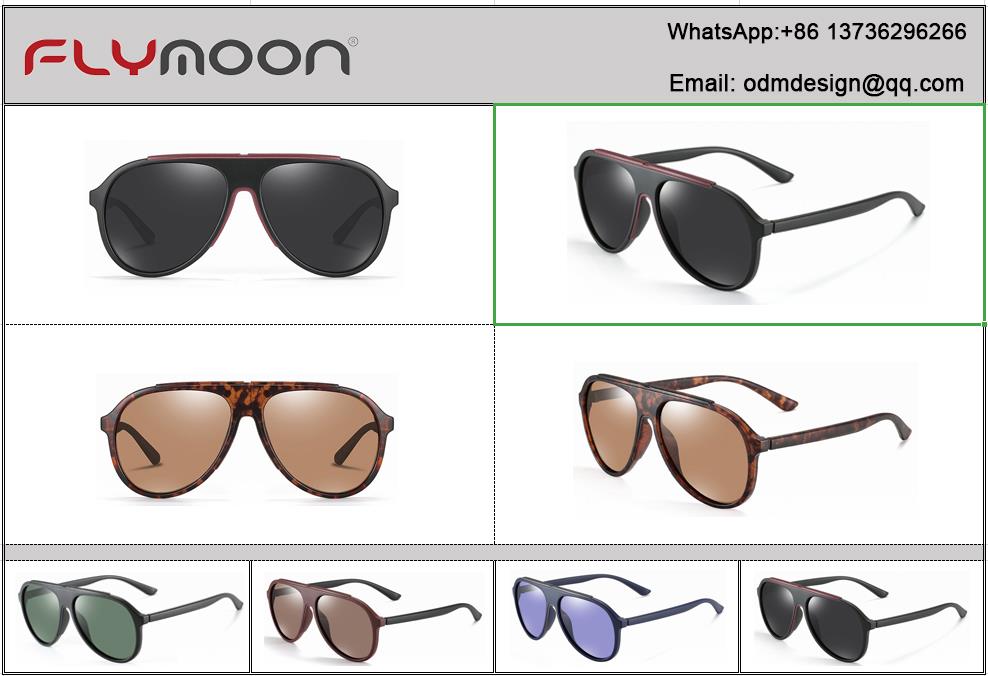

In the hot summer sun, many young people will wear a pair of sunglasses, which not only protects the sun but also reflects their own fashion taste. Many older people think that wearing sunglasses in summer is catching up with fashionable young people. But in fact, summer sun protection is equally important for the elderly, and can effectively prevent the occurrence of certain eye diseases.
Excessive direct sunlight in the eyes in summer can cause corneal edema, tears, pain and other symptoms that affect vision. According to foreign authoritative journals of ophthalmology, prolonged exposure to sunlight can cause "senile macular degeneration" prematurely, which is one of the main causes of vision decline in the elderly. And for patients with eye diseases such as cataract, keratitis, conjunctivitis, retinal detachment, wearing sunglasses can promote the recovery of the disease and bring sufficient cooling and protection in the hot summer.
When the elderly choose sunglasses, it is best to choose lenses that can block ultraviolet rays. Be sure to look at the logo carefully, not that higher prices can provide stronger protection. The elderly can choose different sunglasses on different occasions. For example, you should choose a polarizer when fishing, which can eliminate the strong light from all sides and make the field of vision clearer. Elderly people can choose gray and brown sunglasses when hiking in the suburbs. They have the best UV protection.
There are some caveats to wearing sunglasses. When crossing the road or to the shade, you should take off your sunglasses in time, because from the light to the darker places, or to the place where people and cars are concentrated, the eyes have a process of adaptation, which can cause dazzling. safer. Sunglasses should not be worn for too long. It is recommended to take off for a couple of hours to take a rest and gently massage the eye area, otherwise headaches, irritability, blurred vision and other symptoms are prone to occur, and even cause vision loss. The elderly's crystals are aging and inflated, and they cannot wear sunglasses for a long time, otherwise the roots of the iris will accumulate, resulting in obstruction of aqueous humor and increased intraocular pressure. In addition, the elderly with glaucoma, retinitis, color blindness, and night blindness are not suitable for wearing sunglasses.
In addition to using sunglasses to protect your eyes, it is also important to note that ultraviolet rays reach their maximum intensity from 10 am to 2 pm. At this time, you should minimize going out or go to places that can reflect light, such as waterside and sand Increases the chance that light will hit the eyes.